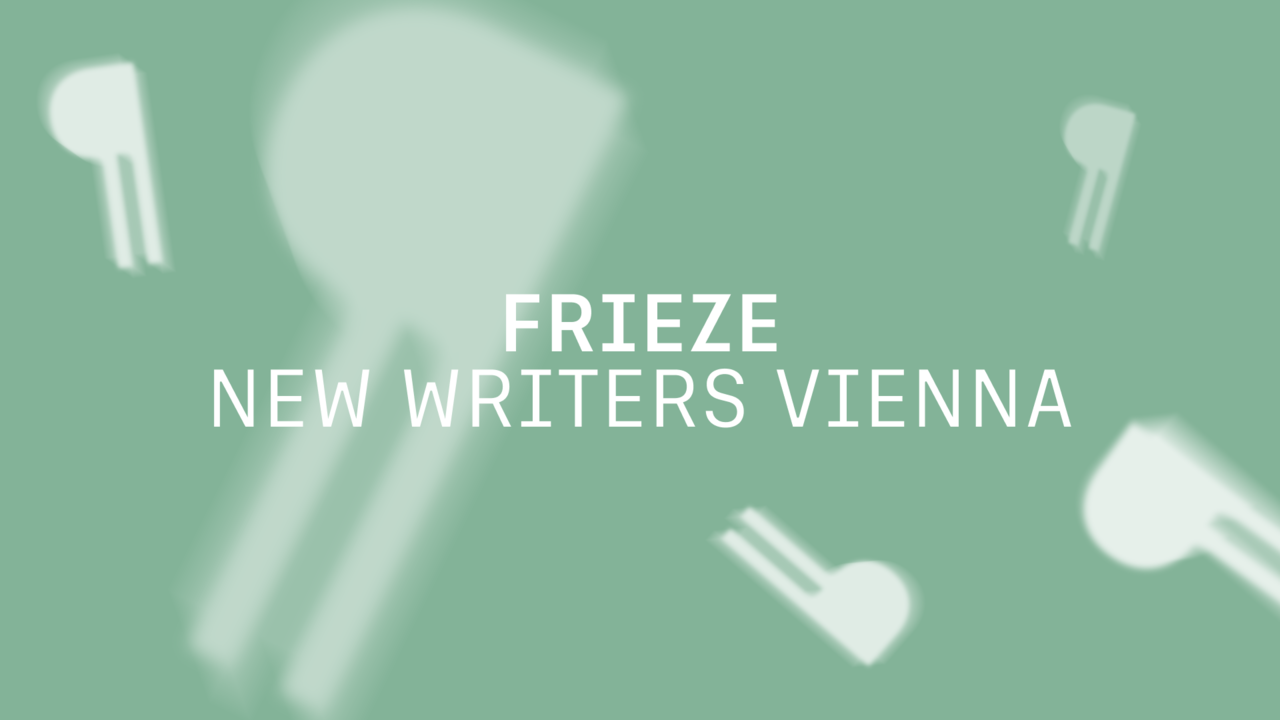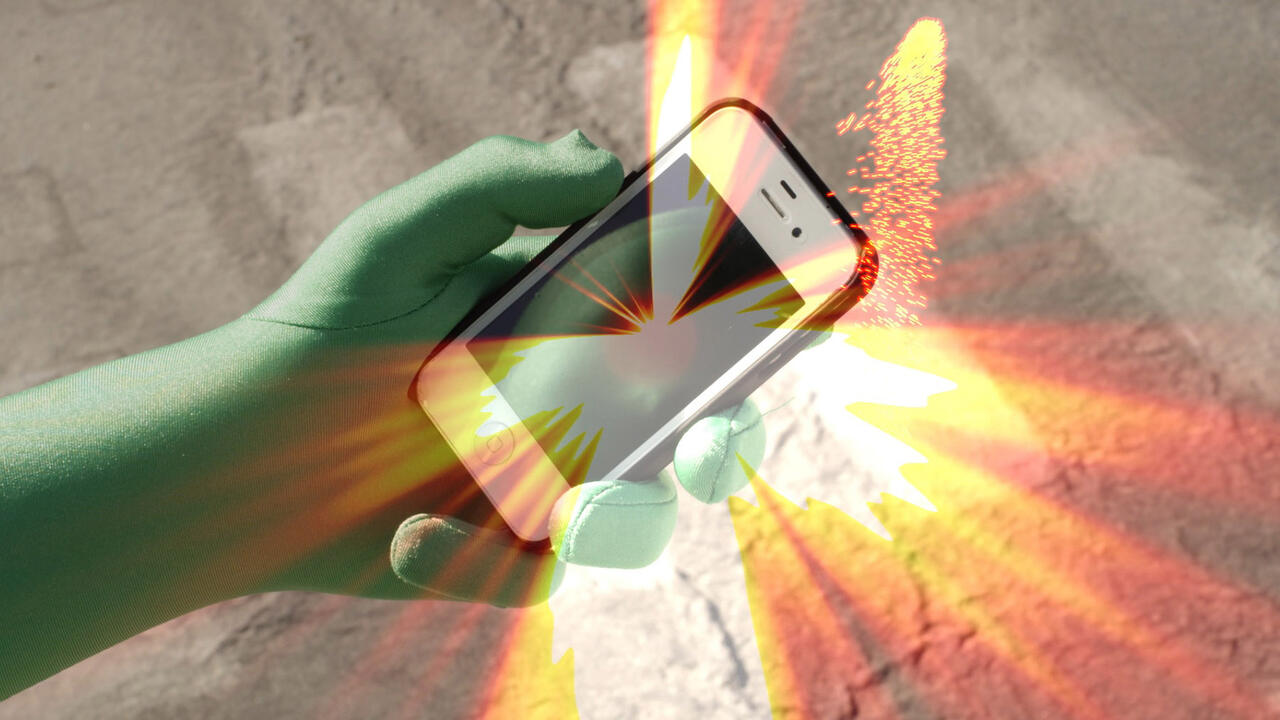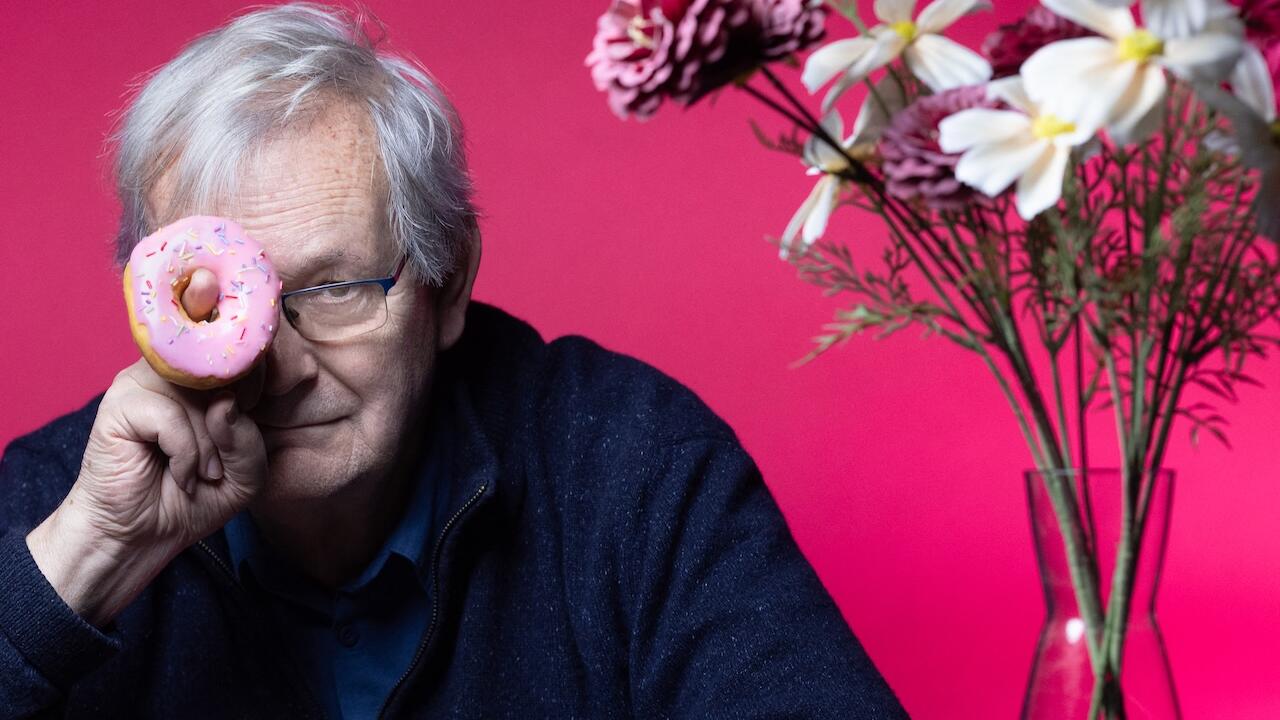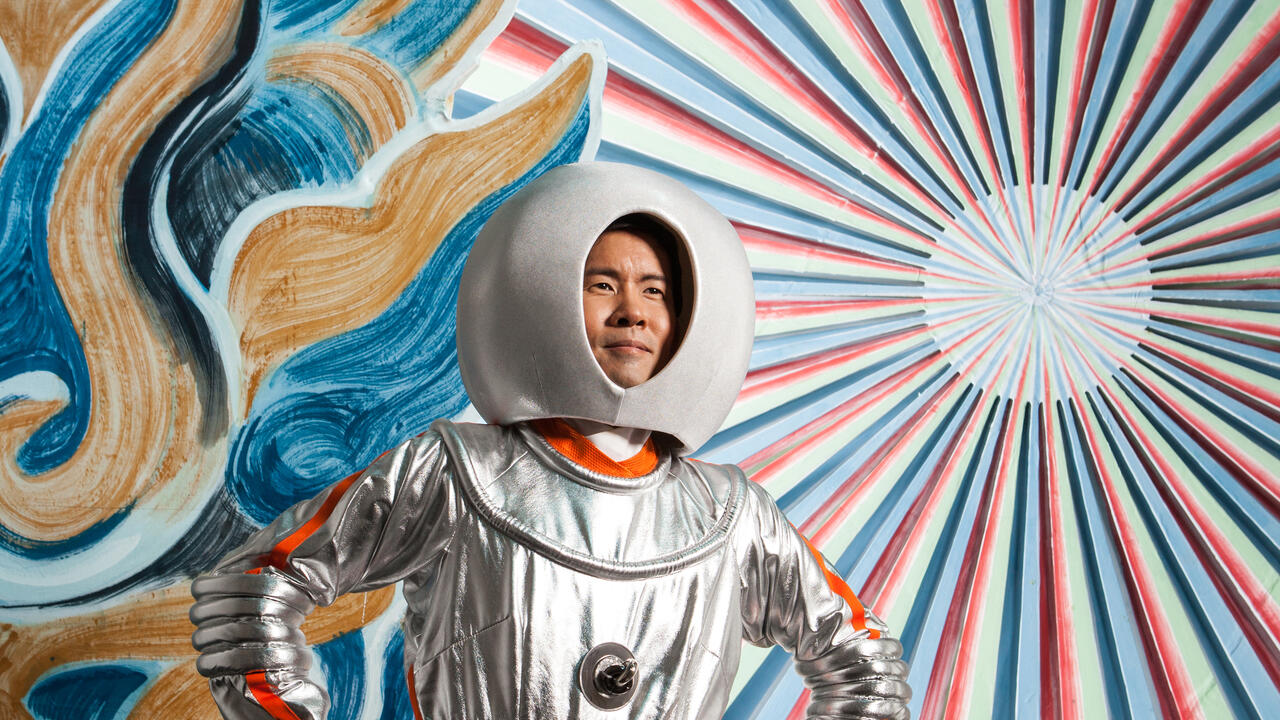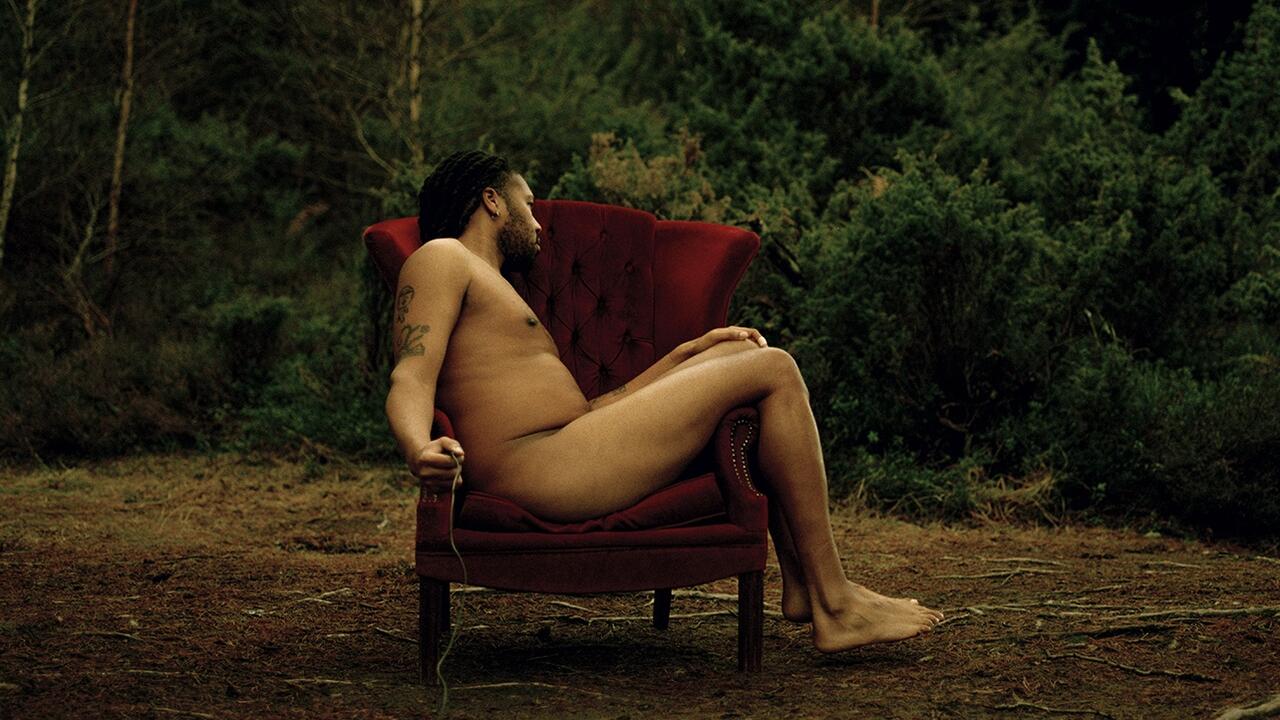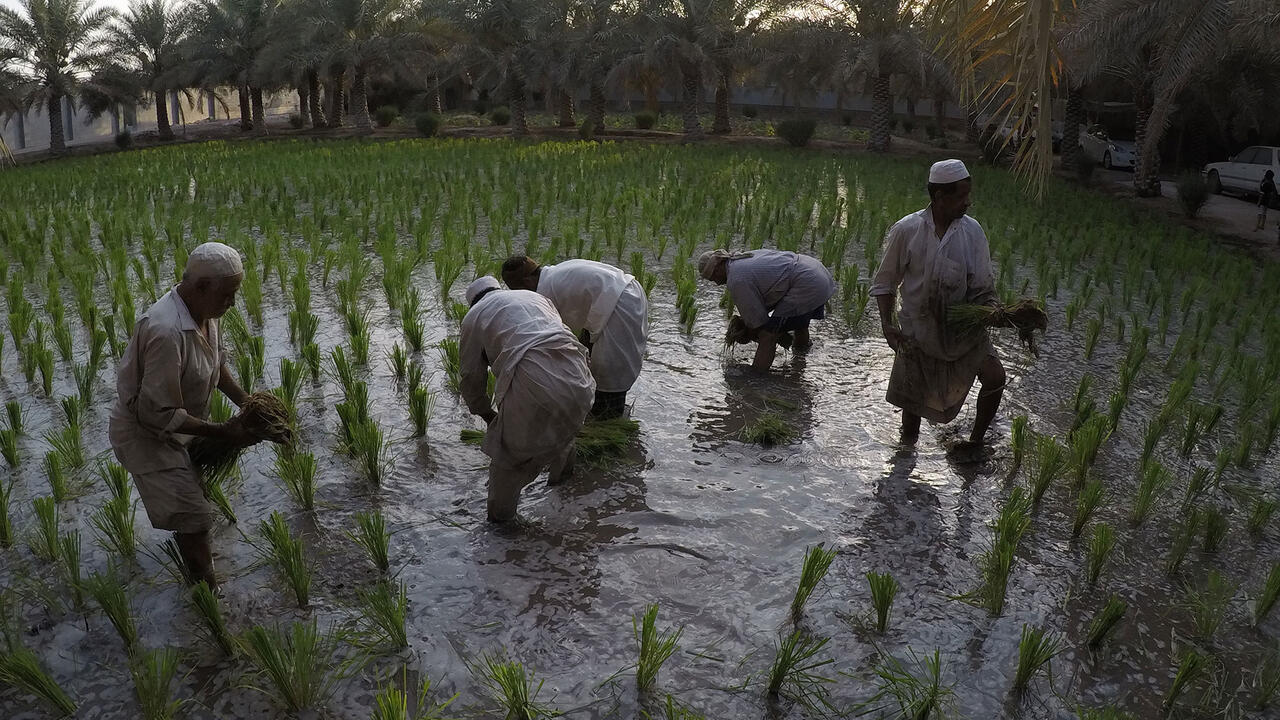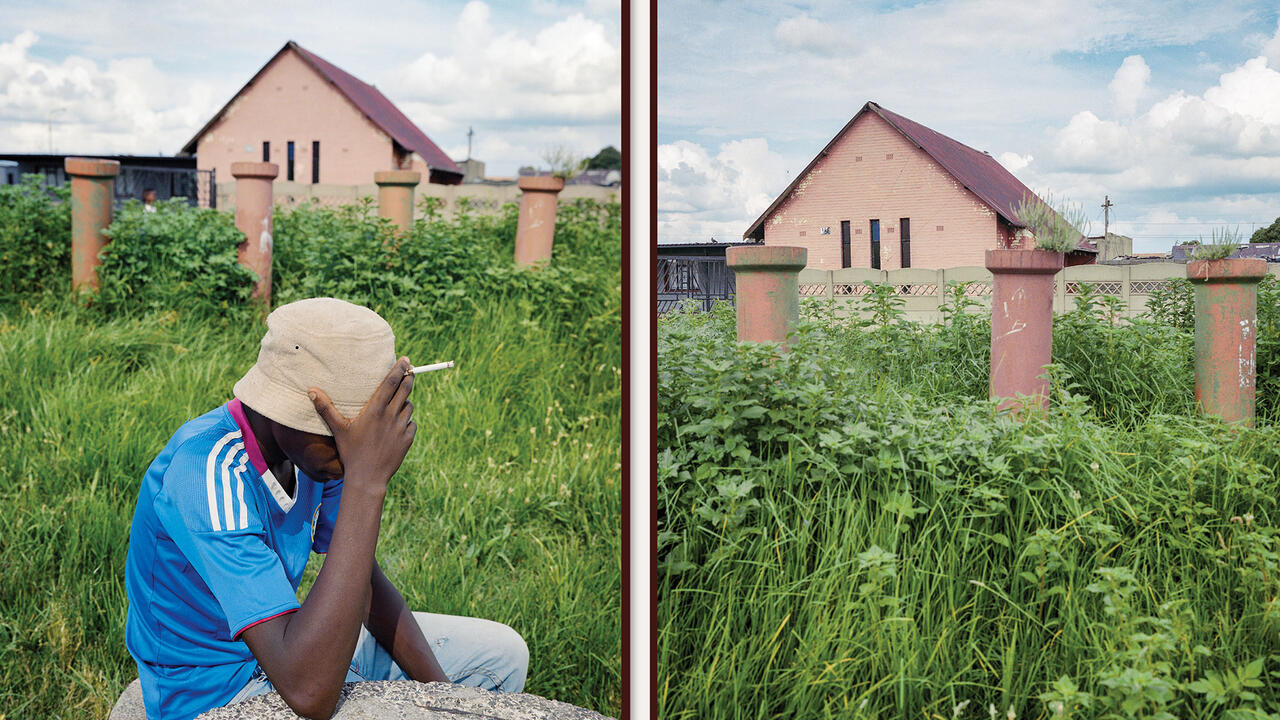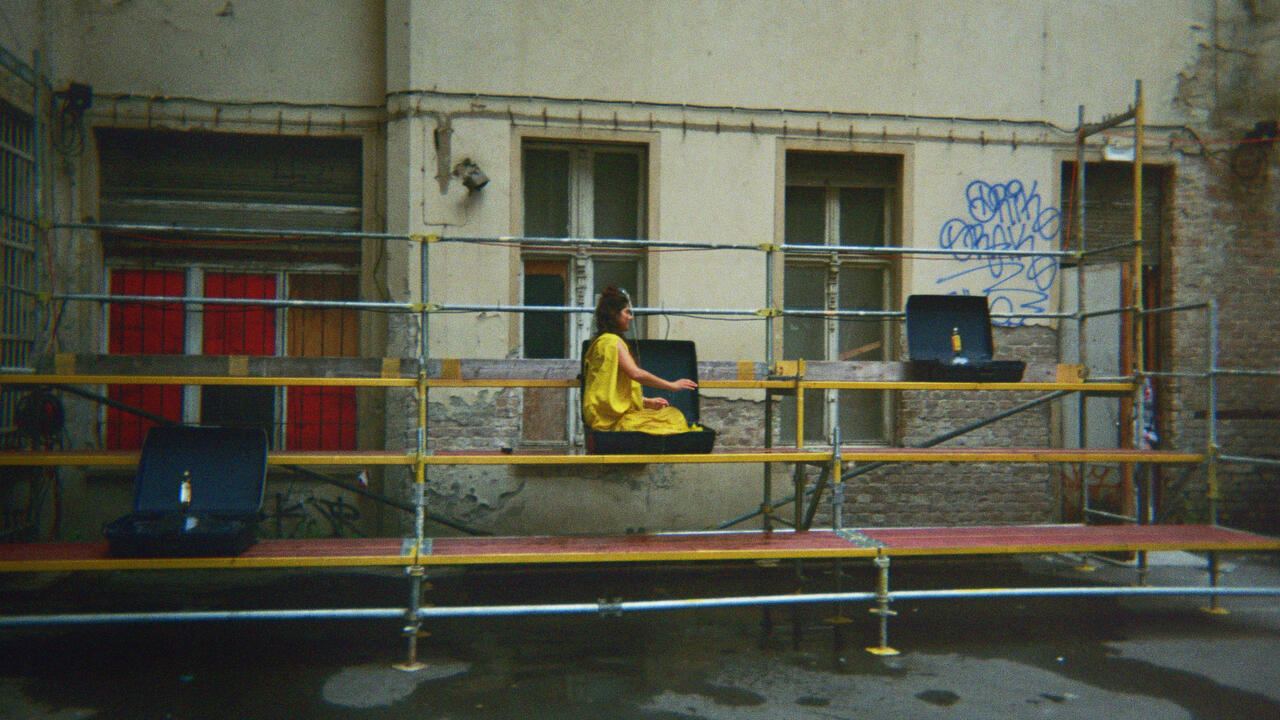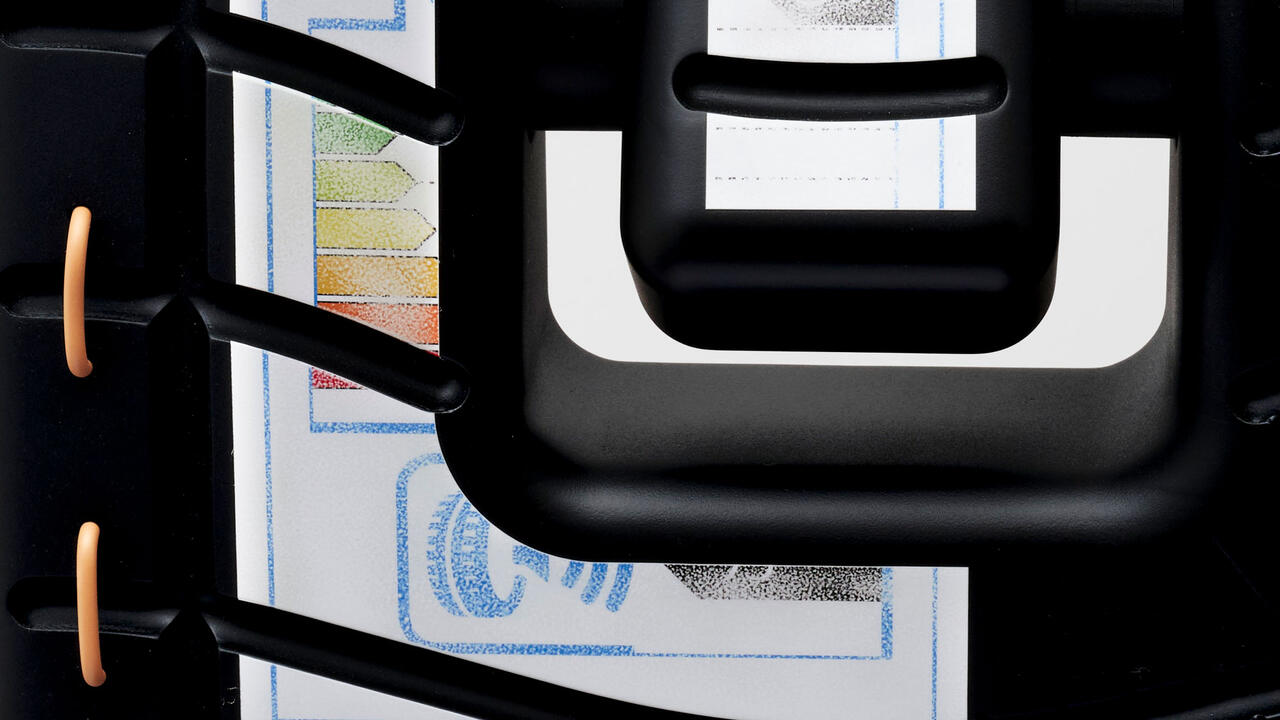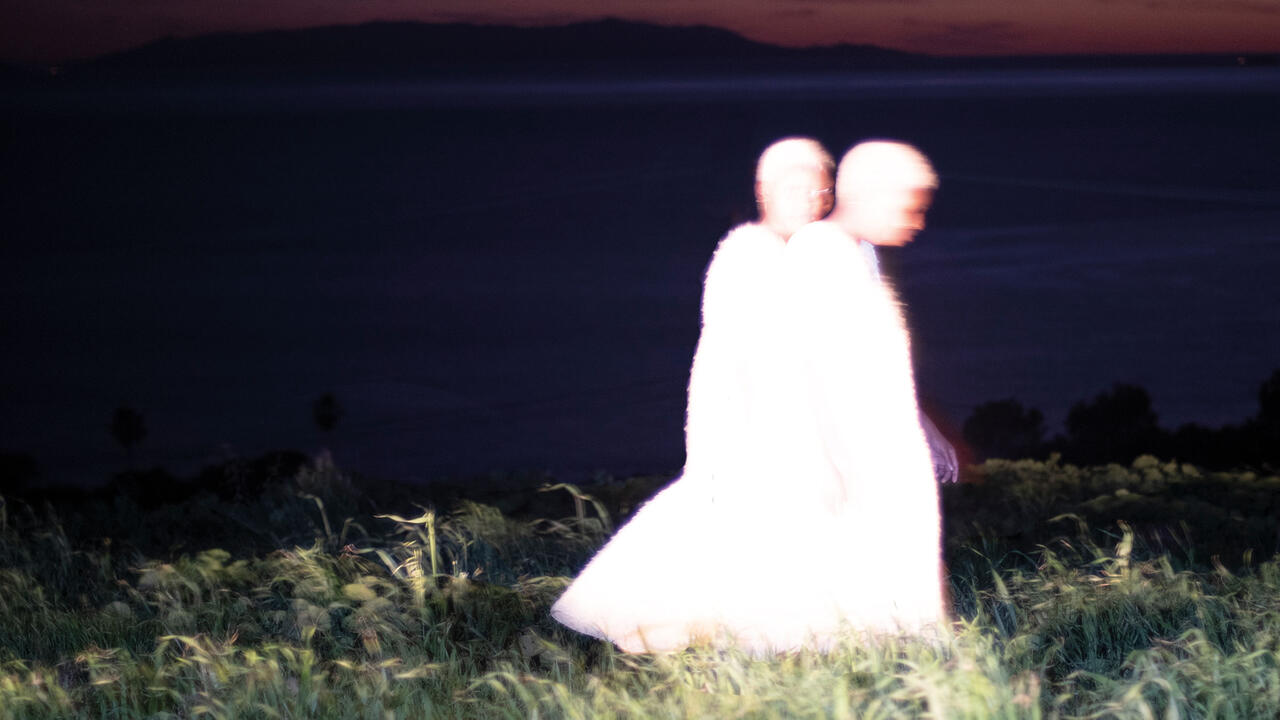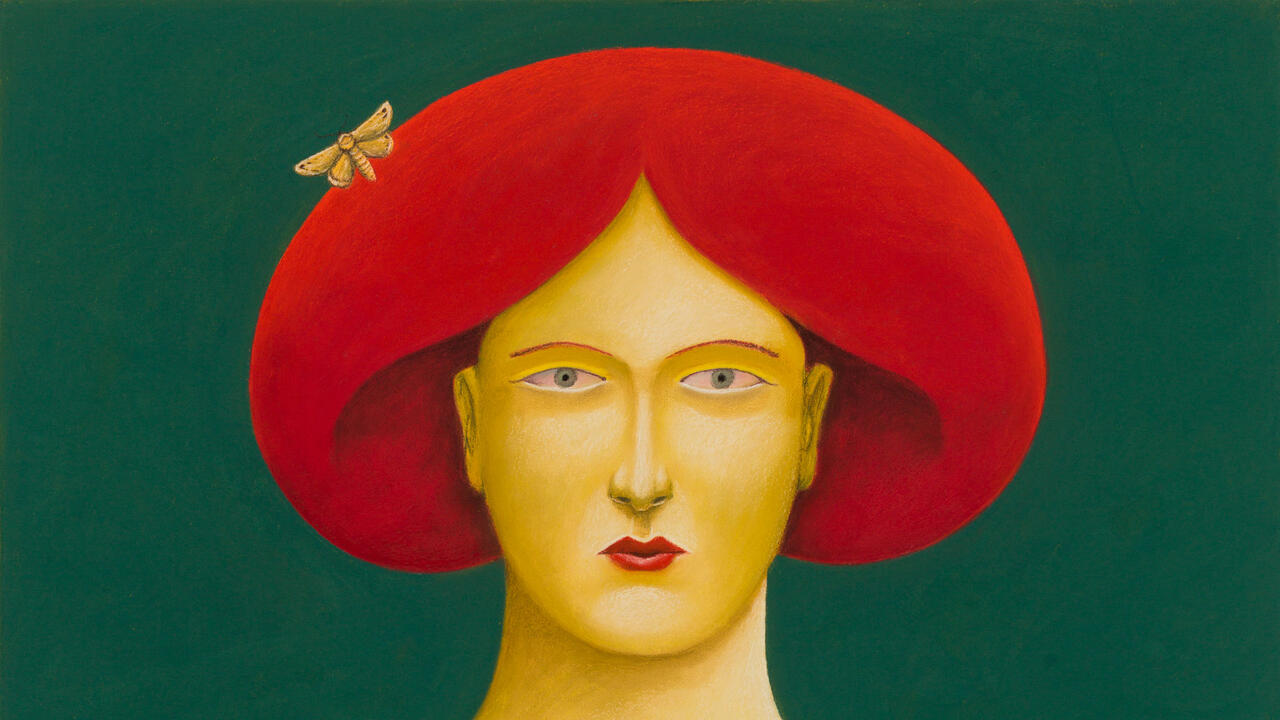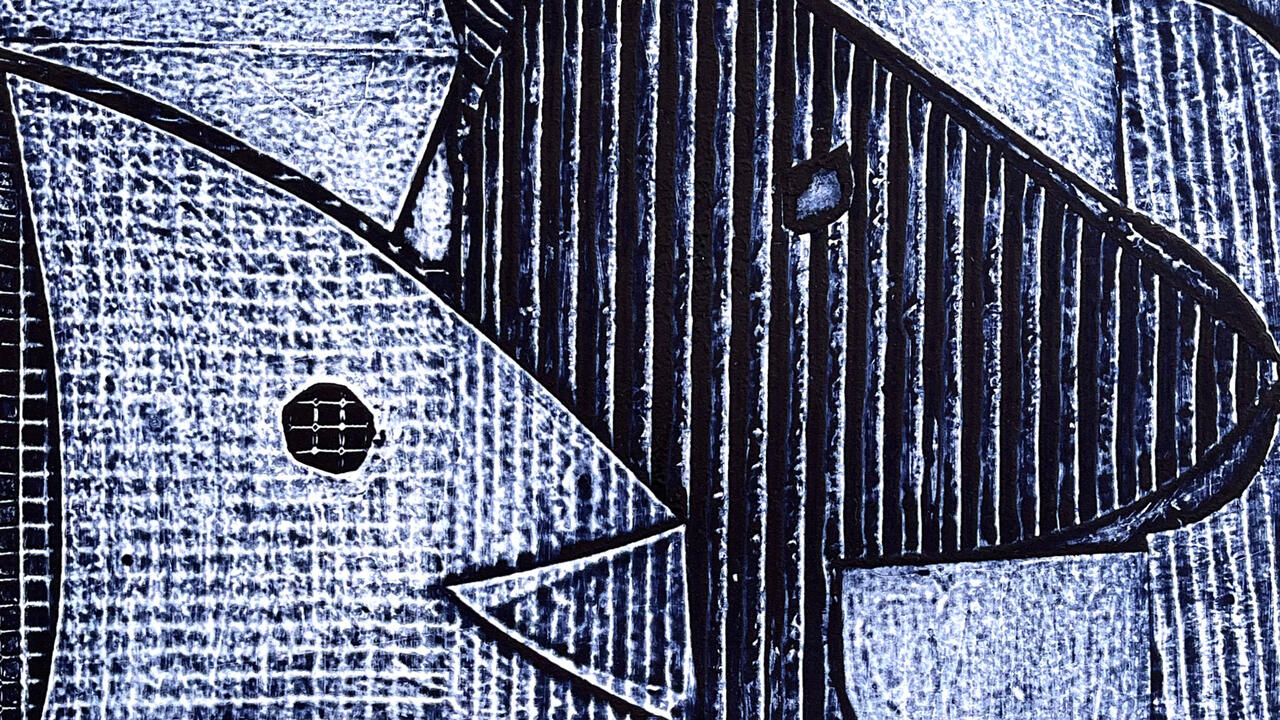Why Has China Arrested Award-Winning Photographer Lu Guang, and Hundreds of Other Artists in Xinjiang?
Lu’s detention has elicited moderate international concern, in stark contrast to the general indifference to the targeting of Uyghur artists in the region
Lu’s detention has elicited moderate international concern, in stark contrast to the general indifference to the targeting of Uyghur artists in the region

The first Lu Guang photo I saw was of a shepherd covering his mouth to avoid the stench of a poisoned river. It’s a powerful image of visceral disgust that since Lu’s arrest in November 2018 has taken on new meaning. Lu, a three-time winner of a World Press Photo Award, was detained while in Xinjiang, China’s vast western border region. Though Lu has spent the last few decades documenting some of the darkest aspects of Chinese society – environmental pollution; drug addiction; the spread of HIV amongst villagers so poor they had to sell their blood – this is the first time he’s been officially detained. While he’s yet to be charged, his ‘crime’ is most likely that of being a potential witness to what a US Congress Executive Committee has described as ‘the largest mass incarceration of a minority population in the world today.’

Over the last two years the Chinese government has detained approximately a million Muslims in the region, in what it calls ‘vocational training centres’, a benign term refuted by their barbed wire fences, armed guards and barred windows. Former detainees report an unrelenting regime of Stalinist surveillance and indoctrination that is intended to break the detainees’s cultural, linguistic and religious sense of identity and so ensure their political allegiance to China’s Communist Party. Most people in the camps are Uyghurs, a Turkic ethnic group of around 11 million with deep historical roots in a region that has only been fully integrated into China since 1949. The Communist Party claims this huge network of internment camps is necessary to bring stability to the region. Yet even before the camps were opened Xinjiang was a virtual police state in which surveillance, police checkpoints, and spot checks on people’s mobile phones had destroyed any semblance of ordinary life. International condemnation has been growing for China’s policies. In a recent interview with CNN, the artist Ai Weiwei called the camps a ‘horrifying situation for the 21st century.’
Lu’s wife said after his arrest that he hadn’t gone to Xinjiang to photograph Uyghurs (or the camps), but in a place as highly sensitive as Xinjiang – foreign journalists are tightly controlled, and often harassed – anything he photographed would be sensitive. While Lu’s previous subjects have often been controversial, they haven’t been explicitly political. Even China’s tightly-controlled media, though generally upbeat, is sometimes permitted to talk about social problems, though often with the tacit understanding that a polluted river or health scandal is due to a failure of local governance, rather than a failing of central government policy.

But the Communist Party’s entire strategy of control (and arguably, its presence) in Xinjiang is predicated on supposedly improving the lives of the Uyghurs and other peoples of the region. Letting a domestic audience see the social or environmental problems of the region would undermine the idea that official policy in the region has been an unqualified success. For many Chinese people Xinjiang is still a remote place they are unlikely to visit. While a number of violent incidents that were connected to Uyghurs – a car bomb in 2013 in Beijing; an attack on civilians at Kunming railway station in 2014 – has shifted the image of Xinjiang amongst Han Chinese (the ethnic majority in China) away from being an exotic place of happy ethnic minorities with a gift for singing and dancing (as commonly portrayed on state TV), the overall perception of most people in China is nonetheless that the Communist Party’s policies aim to promote the development and welfare of everyone in Xinjiang. Unsurprisingly, when the international media were recently allowed to visit a camp they were shown a Potemkin village of shiny classrooms, exercise facilities, and grateful, smiling Uyghurs. In one classroom ethnic minorities in colourful costumes sang, in English, ‘If you’re happy and you know it, clap your hands.’
Lu’s detention has elicited international concern, though not on the scale that greeted the arrest of Ai Weiwei in 2011. While Lu’s work has arguably reached as broad an audience as Ai’s – his photos have been used to spearhead campaigns by Greenpeace and other environmental NGOs – he’s individually less well known. But the moderate response to his arrest is nonetheless in stark contrast to the general indifference of the international media to the targeting of Uyghur and Kazakh artists and intellectuals in Xinjiang, many of whom have been detained. In 2018 two prominent Uyghur musicians disappeared, the dutar virtuoso Abdurehim Heyit and the pop star Ablajan Awut Ayup. Though their styles and audiences were very different, what both had in common (and what perhaps made them ‘suspect’) was their emphasis on promoting Uyghur identity and culture. All their songs had previously been approved by the censors – some of Ablajan’s stress the importance of patriotism and secular knowledge – but as Lu Guang’s detention shows, in the current climate in Xinjiang any form of artistic expression seems to be regarded as inherently subversive. In Xinjiang there are hands for many mouths.
Main image: Lu Guang, ‘Development and Pollution’, 2005. Courtesy: World Press Photo Foundation; photograph: Lu Guang


